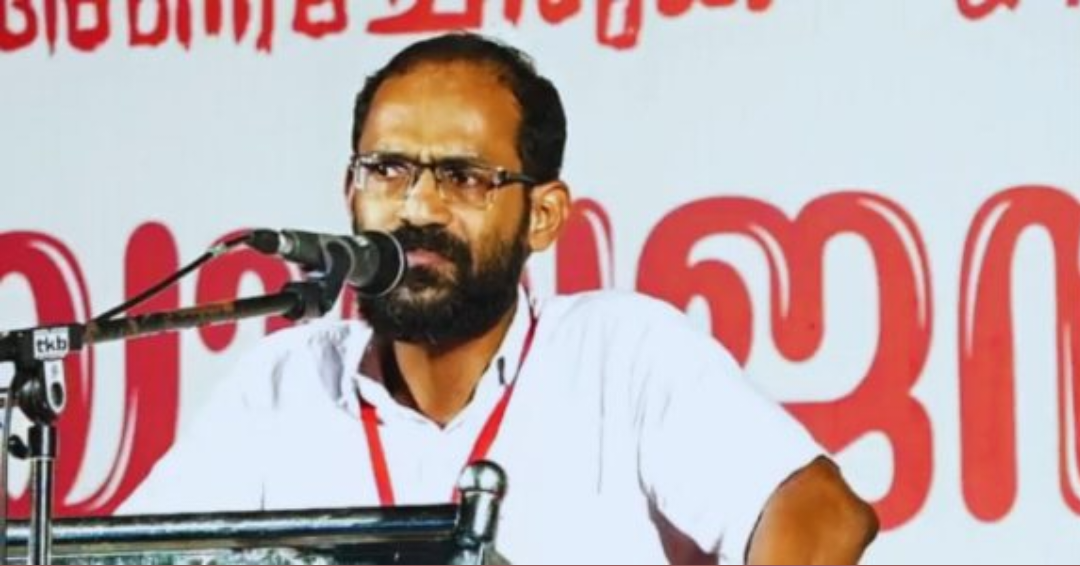
Kerala journalist Siddique Kappan, who endured more than two years behind bars while striving to report on the Hathras gangrape and murder case, asserted that our nation is presently under the influence of ‘fear and hatred.’ He conveyed this perspective during an event named ‘Uproot Bulldozer Hindutva and Apartheid Zionism,’ which was organized by Solidarity Youth Movement Kerala in Mattannur, Kannur, last Saturday. This event marked his first substantial public address following his release from prison in February.
Kappan’s journey to incarceration commenced in October 2020 when he was apprehended while en route to Hathras to cover the heinous crime. For the next two and a half years, he grappled with an array of charges, including those under the Indian Penal Code (IPC), the Unlawful Activities (Prevention) Act (UAPA), and money laundering laws. It wasn’t until the Allahabad High Court granted him bail that he regained his freedom.
In his address, Kappan emphasized the importance of summoning the courage to speak out during these times, which he likened to an “undeclared emergency,” as opposed to simply reacting with social media ‘likes’ or ‘X.’ He underscored the fact that we live in an era where journalists, activists, and students are being incarcerated, facing charges of being anti-national and seditious merely for critiquing the government or opposing its policies.
Kappan pointed out the prevailing atmosphere of fear and hatred in our country, where even government ministers propagate divisive rhetoric. He noted that expressing slogans such as ‘uproot Hindutva fascism’ can now be considered anti-national and lead to charges under Section 153(A) or the UAPA. Kappan also drew attention to the alleged persecution of journalists, including his own arrest in connection with the Hathras incident and the raids on NewsClick offices.
Furthermore, he brought to light the concerning state of media organizations like NewsClick, which have been targeted and their journalists imprisoned for reporting on events such as the Delhi riots, the farmers’ protests, and the CAA and NRC movements. Kappan highlighted the stark contrast in treatment, citing the example of Kerala’s Member of Parliament, John Brittas, who was charged under IPC 153(A) for critiquing the home minister’s speech, while the home minister himself faced no legal repercussions despite alleged provocative statements.
Kappan concluded by reflecting on the Hathras tragedy, where the victim was denied justice, and those demanding it were incarcerated. He pointed out that three of the four accused in the rape case had been released from prison, while the journalist who sought to expose the incident spent a significant period incarcerated and was subjected to various legal charges.
In summary, Siddique Kappan’s speech highlighted the prevailing climate of fear and hatred in India, the challenges faced by journalists and activists, and the need to stand up against the curtailment of free expression and dissent in the country.

Post Your Comments